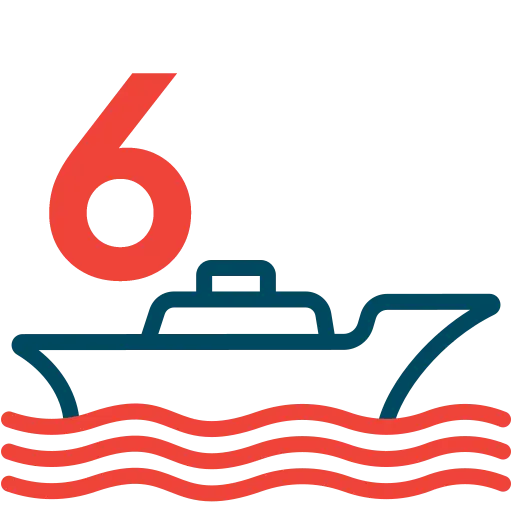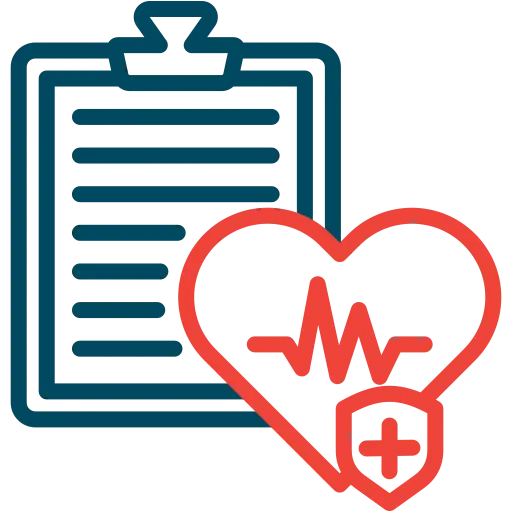Pilots
The main duty of Harbour Pilots is to suggest the route and assist the Ship’s Captain in maneuvering within port waters.
Who is the Pilot?
Harbour Pilots provide technical-nautical services that support navigation.
They are responsible for guiding ships in and out of a port and coordinating their transit with all other ongoing movements in port waters and other ‘sensitive’ water areas at risk of incidents. They advise on the route and assist the Ship’s Captain in determining maneuvers.
The Pilot, therefore, puts their in-depth knowledge of the port’s operational practices at the service of safety, in any local weather and sea conditions.
In addition to the role of the Pilot, who enters the profession through a public competition, our legal system also provides for the position of Pilotage Officer (Article 102 of the Regulation to the Navigation Code) and, in ports where a Pilots’ Corporation is not established, the Local Harbor Pilot (Article 96 of the Navigation Code).

Becoming a Pilot
Access to the profession of Pilot is granted through a public competition based on qualifications and examinations (Article 102 of the Navigation Code Regulations).
The competition is announced by the head of the district in whose jurisdiction the corporation is based.
Requirements

Certification as "Master on ships of 3000 GT or more"
Age not less than 28 and not more than 35 years

6 years of navigation experience
More info
Service in the deck department on national ships, with at least three years as a deck officer on merchant ships with a gross tonnage of no less than 1,500 tons or as a ship officer on military vessels with a displacement of no less than 500 tons. Navigation performed on ships engaged in port and local services is not valid. At least one year of the required navigation must be carried out as a Chief Officer on merchant ships with a gross tonnage of no less than 1,500 tons or as a Second Officer on military vessels with a displacement of no less than 500 tons.

Physical and mental requirements necessary for the performance of pilotage service as provided by the Ministerial Decree of December 21, 1981.
More info
Italian citizenship or citizenship of another European Union state, provided that the candidate has knowledge of the Italian language demonstrated by a C1 level certification according to the Common European Framework of Reference for Languages, issued by an accredited institution.

Legal requirements
More info
No convictions resulting in disqualification from certificates or the maritime profession for more than two years, unless rehabilitated.
